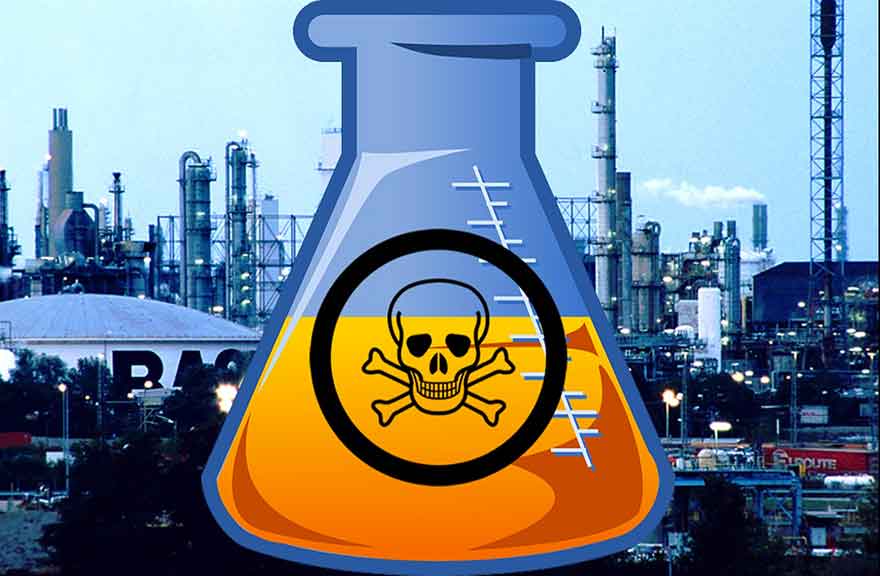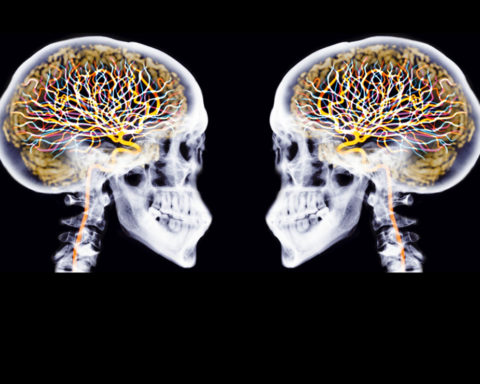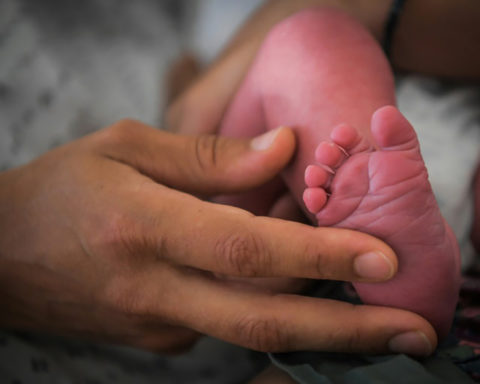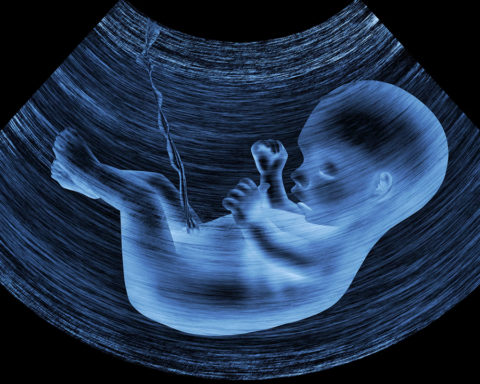As Thomas Pesquet just returned from his long trip around the Earth and space tourism projects are multiplying, an information published this week in the scientific journal NPJ Microgravity is creepy. Bacteria in a microgravity environment mutate quickly and permanently. When we know that every human carries billions of bacteria in his or her body, we can only be concerned about these new risks from space.
Exposed to microgravity, some bacteria mutate to reproduce faster. It is not clear why these bacteria have responded positively to microgravity, but researchers are working to protect astronauts and mitigate the damage if a colony of mutant bacteria is brought back to Earth.
Researchers at the University of Houston have been monitoring the cells ofEscherichia coli through 1,000 generations in simulated microgravity conditions. They found that they spread much faster than a control sample of unaltered bacteria.
The cells of E. coli s have undergone at least 16 different genetic mutations along the way, although the impact of these mutations on individual and group growth rates is not yet known.
" This study is broader in scope than previous ones. "said Jason Rosenzweig, co-author of the study, to the journal New Scientist. " Our research questions the entire genome rather than specific subgroups of genes. ".
Tests showed that the mutant cells increased about three times more than those in the E. coli unmodified.
Even when the bacteria were removed from microgravity conditions for up to 30 generations prior to the test, 72% of the growth advantage was retained, suggesting that some of the changes caused by space travel may be permanent.
" We are, in fact, seeing real genomic changes - permanent changes. "said University of Houston researcher George Fox of the University of Houston, New Scientist . « Next, we need to determine exactly what these changes are producing ".
In previous studies that did not have the depth or duration of this experiment, scientists had already found evidence that this bacterium can reproduce more easily in space. Some strains have already been shown to grow 60% faster in microgravity. So there is something about the space environment that these microorganisms really like.
Already, astronauts aboard the ISS are faced with the presence of biofilms thick with bacteria on their equipment that grow faster than normal. We're not far from a space horror movie scenario.
The team says a more in-depth study will help us determine the types of problems that could disrupt life on board our spaceships and how we could adapt to them.
Similarly, if any of the modified bacteria were to return to Earth - perhaps on a tourist spaceship - we also need to know what we have to do, the scientists say.
Reassuringly, the research team indicated that mutated bacteria are eliminated just as quickly as E. coli normal when treated with antibiotics. Let us accept the omen. But there is still a huge job ahead of us, lead researcher Madhan Tirumalai told New Scientist: " We need more such experiments, especially if human spaceflight tends to develop as widely as can be expected in the next few years. ".

Source: Science Alert












